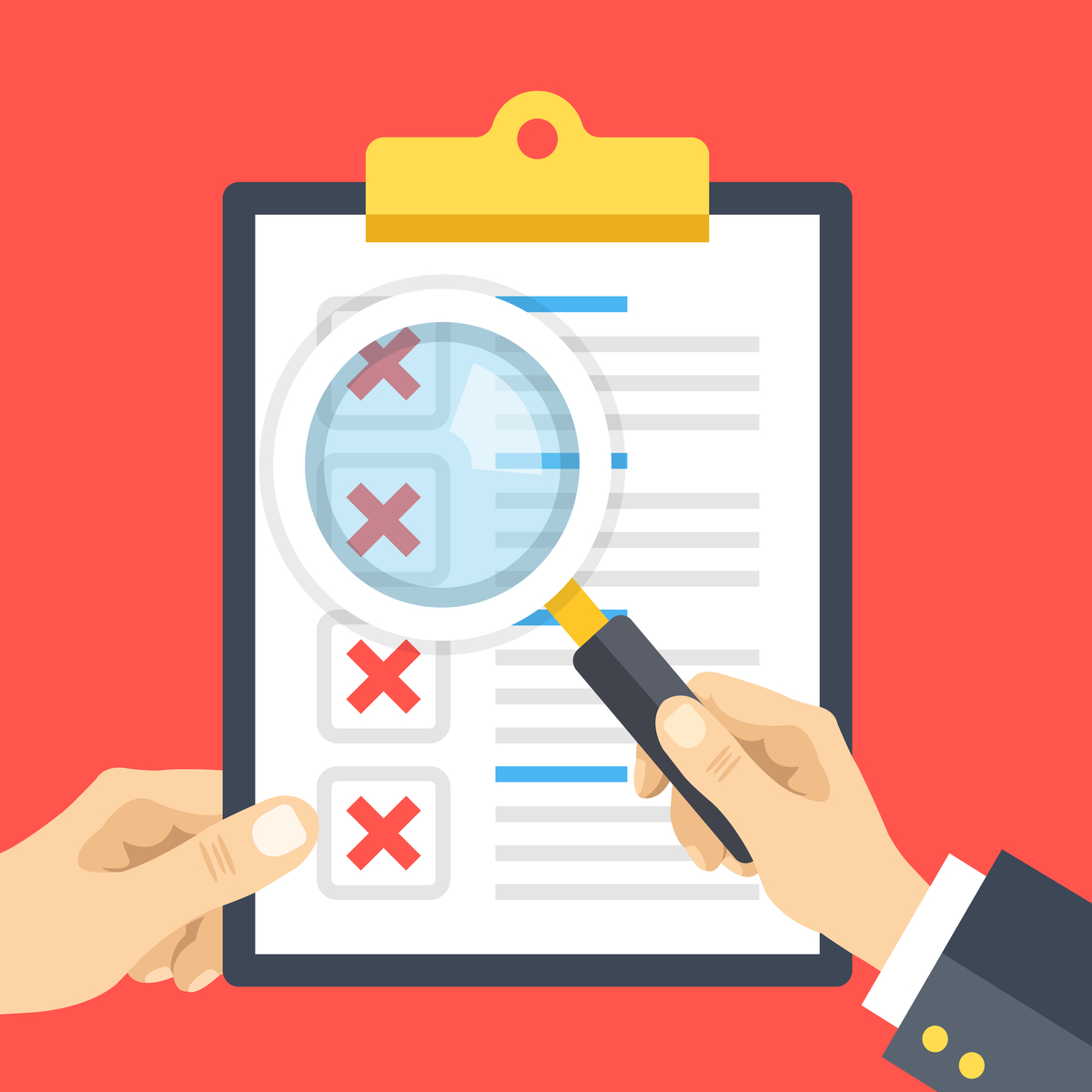Buying a home is always challenging. When you’re looking for your forever home, you always need to come up with an appealing offer, otherwise you end up disappointed. One tactic that buyers are increasingly counting on to stand out is to waive the home inspection. Afterall, the pandemic atmosphere and an active real estate market, have made it harder to meet tight deadlines to ensure a timely one. But is this something that you really want to do? Is it worth it to forgo the inspection just to get the house? Read on for what questions to ask to help you decide if you want to waive your home inspection in New York.
What do I need to know about the home inspection?
After the home seller accepts the buyer’s offer, the home inspection typically follows. It involves an unbiased and certified inspector coming onto the property and investigating and exploring the structural integrity of the home, in addition to other important features.
This includes inspection of the following:
- The foundation
- The roof
- The insulation
- HVAC/heating
- The electrical and plumbing
What party holds the risk for waiving the home inspection?
The home purchaser carries all the risks when they decide to waive a home inspection. The seller is drawn to offers that don’t include the inspection because it makes it less likely that the buyer will discover problems and issues that will need to be resolved before they proceed.
What are the risks in waiving the home inspection?
Even though you have a right to an inspection, you may feel tempted to bypass this step. However, the home inspection is a safeguard helpful to your financial stake in what is most likely the most significant purchase that you make. Yes, it costs money to have the home checked out, but this can be money well spent as opposed to paying for later costly repairs. When you don’t inspect the home, you risk jeopardizing the substantial undertaking of a home purchase.
There’s also the health, safety, and well-being of you and your family to consider. When you get a home inspection, you become aware of possible hazardous defects in the home, which may not be obvious upon first appearances. Here, you can discover things like faulty wiring or even structural damage.
What about waiving inspections for condos or new constructions?
The thinking about condos or new builds is that inspections aren’t as important because they are part of larger buildings or are brand new and haven’t had time for anything to go wrong. However, getting an inspection is generally a good idea because you just don’t know the extent of what you’re dealing with until you have a professional take a deep dive. Typically, it’s best to be informed.
Before You Waive Home Inspections, Contact an Attorney
You’ll be excited to put in your offer and have it accepted. But you should temper your excitement with caution before waiving a home inspection. Get in touch with an attorney who can explore setting up a contract that will present an attractive offer without sacrificing your interests. Our MOWK Law attorneys are highly experienced in this area. Contact us right away for your next steps.










